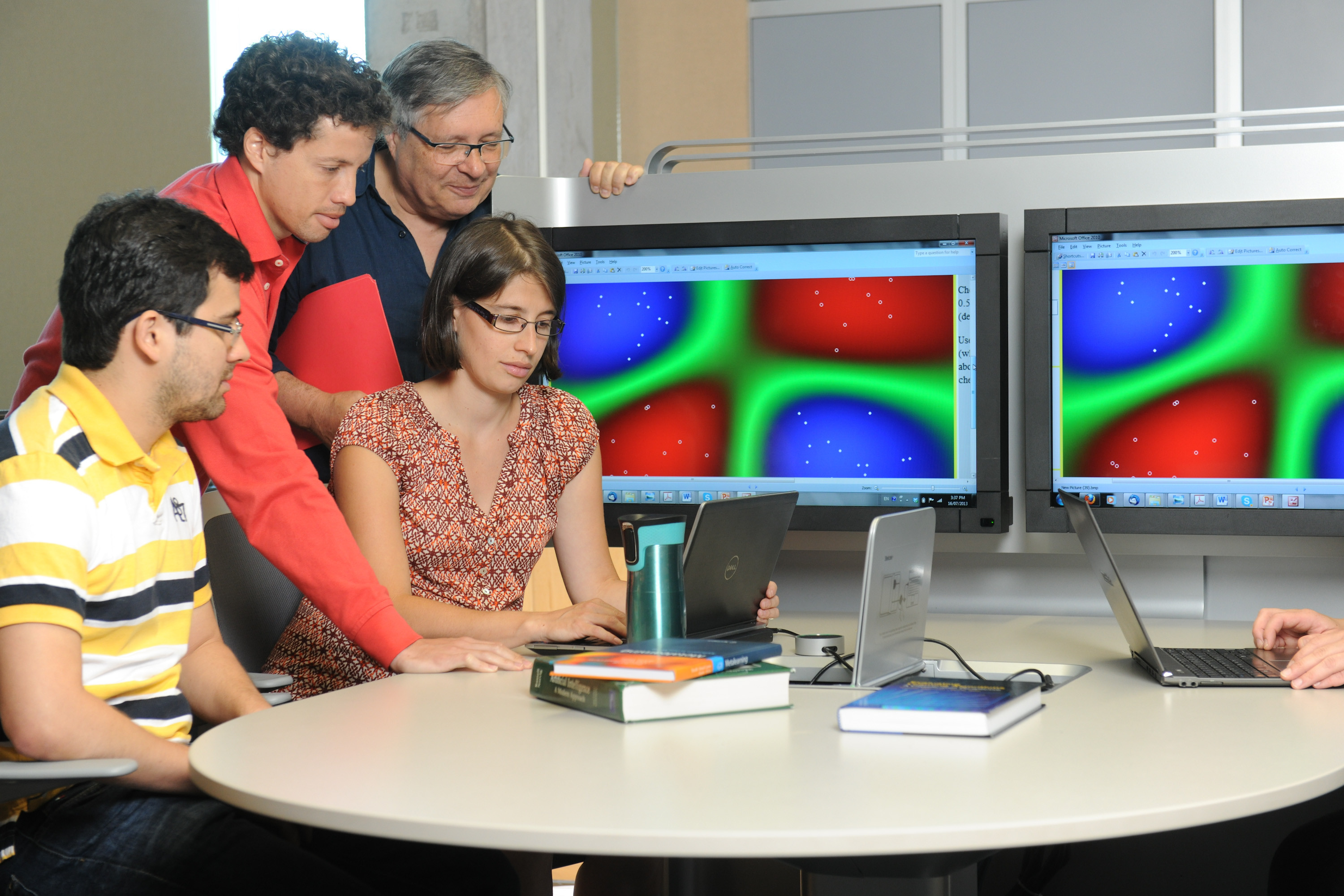
Originally shared in the Spring 2013 CS Magazine.
When Premier Darrell Dexter announced last autumn that IBM would be taking over Nova Scotia’s SAP computer system, it represented a big opportunity for the Faculty of Computer Science.
Mr. Dexter focused on the jobs to be created, as IBM takes over support for payroll, procurement, human resources and other information from government departments, district health authorities, school boards, housing authorities and some municipal bodies. The deal, however, also includes a forward-looking agreement between IBM and a consortium of universities in the province to develop training and research in the areas of analytics and optimization.
IBM is looking to the future, recognizing that their success depends upon finding people with the necessary skills in these rapidly growing fields and working with universities to meet this coming demand. The Dalhousie Faculty of Computer Science will be at the heart of this collaboration with our growing expertise in data analytics and in the relatively new field of “big data”. Big data refers to a data collection that is so large and so complex that it is difficult to process and digest using traditional database and data processing techniques. The world now produces huge amounts of data, and the rate of this is accelerating quickly. Ninety percent of the data that exists in the world today was produced only in the last two years.
One of the first Faculty initiatives will be to offer a new specialization in Data Science at the undergraduate level in September 2014, to go along with the three existing undergraduate specializations in Graphics, Gaming and Media, Artificial Intelligence and Intelligent Systems and Communication Technologies and Cyber Security. This may be a national first, as no other university in Canada currently offers such a specialization in data science. Graduates can expect to find their skills to be in hot demand, not only from companies in the IT sector, like IBM, but across a range of industries that contain large amounts of data.
IBM will help to build curriculum by sharing materials they have been developing, and by providing access to their personnel and case studies; and as part of their commitment to this program, they will help promote the Faculty’s courses worldwide.
Dalhousie’s Faculty of Computer Science is also growing in other areas to adapt to these changes and opportunities. Headed by our Tier 1 Canada Research Chair, Dr. Stan Matwin (see profile next), the Faculty has founded a new Institute for Big Data Analytics. This will become a national centre of excellence, supporting research, collaborating with industry and providing leadership in this developing field.
On the research level, IBM will provide in-kind support for designated projects and programs. New synergies between current computer science research issues and the big data research needs in other fields such as oceanography, health and business will hopefully be formed. IBM will provide software and equipment to support these courses and research. IBM in Nova Scotia is a big idea. It is more than a service contract, but rather a collaboration on a wide scale that will address the need for research and for highly skilled people as this field continues to grow. It’s a seed that will attract other companies to locate here, building a local ecology in expertise, research, industry and training that will have long term benefits to the province, its economy, the universities and the people of Nova Scotia
“Big Data”– what’s the big deal?
The way that the term “Big Data” is thrown about these days might easily lead one to dismiss it as the latest buzzword, a transient obsession in a high-tech world which will quickly move on to the next thing. However, there is every reason to believe that “Big Data” will be with us for a while. It is a label for a problem that faces the widest range of human activities – the rapid accumulation of piles of data which we have yet to figure out how to fully deal with. If you consider that there are 27 billion credit card transactions in the USA in one year, and then extrapolate that to the whole world, then add all the other types of financial transaction it quickly becomes apparent that the financial industries are generating a very big pile of data. A similar situation can be seen in every industry, government department or research program that generates and uses data. Graduates will find themselves in a world that urgently needs their skills. The Globe and Mail tells us that the number of people employed in this field doubled in 2011 and will double again by 2015. The field currently has an unemployment rate of less than 1% and one study anticipates that, by 2018, there will be approximately 140,000 – 190,000 unfilled positions in data analytics in the USA. “Big Data”, it seems, is also about big opportunities.
Recent News
- Beyond the books: This year's Dalhousie Impact Awards winners lead with purpose
- Where experience meets impact: Introducing Dalhousie’s 2023 Top Co‑op Students of the Year
- Alicia Wong: Empowering Women in Tech through Mentorship
- On International Women’s Day, an opportunity to reflect on the state of gender equity in academia
- Dal's 2024 OpenThinkers forge new frontiers in research
- Building community connections for Women in STEM
- Dal builds momentum in Nova Scotia’s growing ocean‑tech sector with new role
- Snowball Gala celebrates the computer science community
